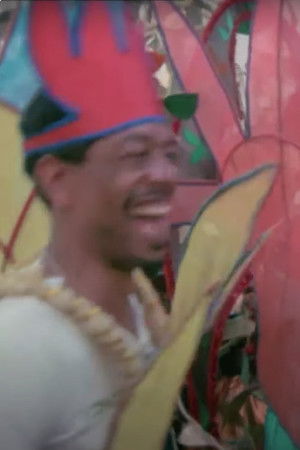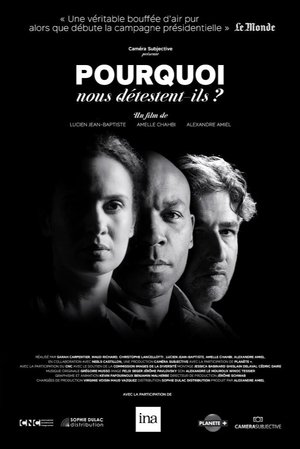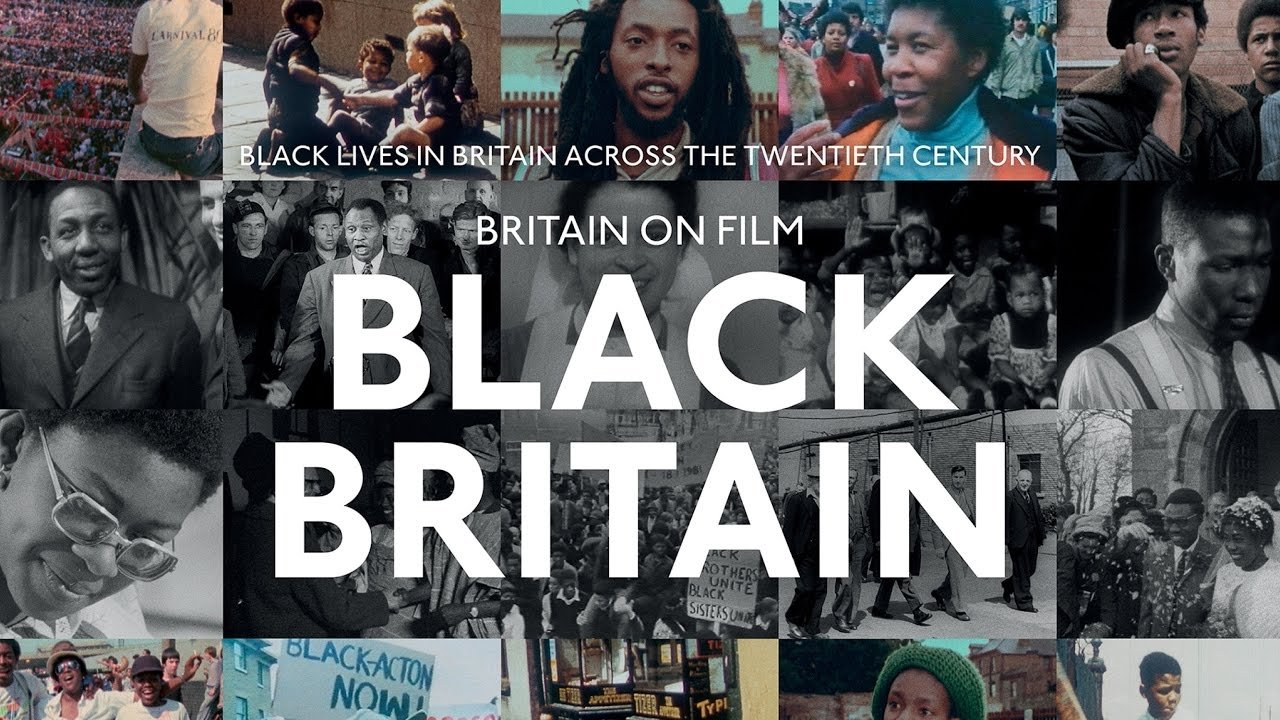
Britain on Film: Black Britain(2017)
Featuring footage spanning from 1901 to 1985, this little-seen footage has been found from all across the UK. This programme allows an exploration into stories of migration, community and also the struggle against inequality, while also providing the opportunity to celebrate black British culture and life on screen. Films in the programme include: Miners Leaving Pendlebury Colliery (1901), Hull Fair (1902), For the Wounded (1915), From Trinidad to Serve the Empire (1916), Hello! West Indies (1943), Mining Review 2nd Year No. 11 (1949), To the Four Corners (1957), Black Special Constable (1964), Black Police Officers (1966), Cold Railway Workers (1964), Nigerian Wedding in Cornwall (1964), Coloured School Leavers (1965), London Line No. 373 (1971), African Student Families (1975), Liverpool 8 (1972), Blood Ah Go Run (1982), The Jah People (1981) and Grove Carnival (1981)


Movie: Britain on Film: Black Britain
Top 4 Billed Cast
Self
Self
Self (segment "Miners Leaving Pendlebury Colliery")
Similar Movies
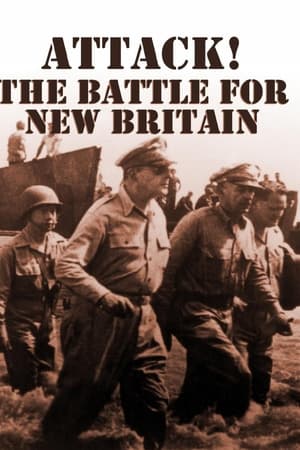 6.0
6.0Attack! The Battle for New Britain(en)
Actual footage by the United States Signal Corps of the landing and attack on Arawe Beach, Cape Glouster, New Britain island in 1943 in the South Pacific theatre of World War Two, and the handicaps of the wild jungle in addition to the Japanese snipers and pill-box emplacements.
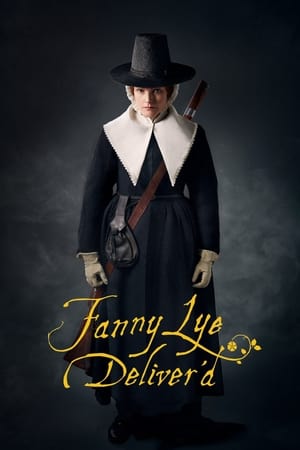 6.5
6.5Fanny Lye Deliver'd(en)
On an isolated English farm in 1657, Fanny lives a quiet life with her oppressive husband John and their young son. One day their life is rocked with the arrival of young couple Thomas and Rebecca who claim to have been robbed and need a place to stay. But are these strangers really who they say they are?
 6.4
6.4Yusuf Hawkins: Storm Over Brooklyn(en)
The 30-year legacy of the murder of black teenager Yusuf Hawkins by a group of young white men in Bensonhurst, Brooklyn, as his family and friends reflect on the tragedy and the subsequent fight for justice that inspired and divided New York City.
The Black List: Volume Three(en)
Documentary film interviews leading African Americans on race, identity, and achievement.
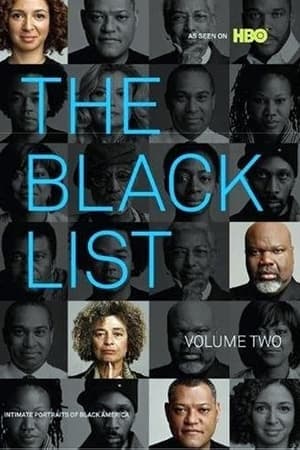 6.0
6.0The Black List: Volume Two(en)
THE BLACK LIST: VOL. 2 profiles some of today's most fascinating African-Americans. From the childhood inspirations that shaped their ambitions, to the evolving American landscape they helped define, to the importance of preserving a unique cultural identity for future generations, these prominent individuals offer a unique look into the zeitgeist of black America, redefining the traditional pejorative notion of a blacklist.
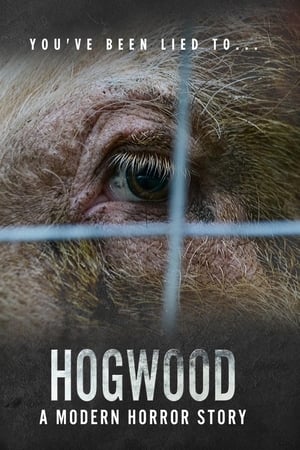 7.0
7.0Hogwood: A Modern Horror Story(en)
Hogwood: A Modern Horror Story takes you beyond the factory farm walls and follows an intrepid group of undercover investigators as they enter some of Britain's biggest factory farms for the very first time.
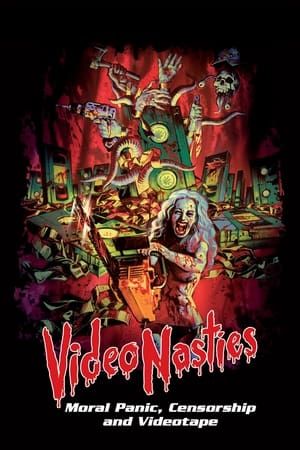 6.8
6.8Video Nasties: Moral Panic, Censorship & Videotape(en)
A documentary analyzing the furore which so-called "video nasties" caused in Britain during the 1980s.
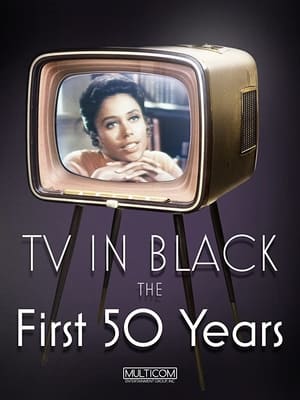 4.0
4.0TV in Black: The First Fifty Years(en)
Discover how television has reflected the African American experience in this retrospective of the medium's first half-century. Actors, writers and historians discuss the image of black America on television from Amos and Andy to the present day. The interviews accompany clips from groundbreaking shows and performances by entertainment pioneers that create a timeline of the portrayal of African Americans throughout TV history.
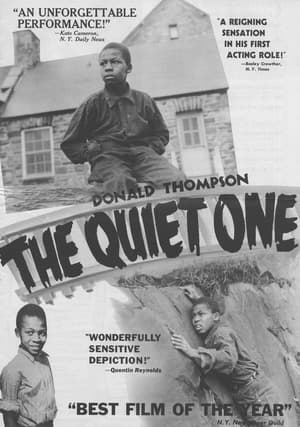 4.8
4.8The Quiet One(en)
A documentary account of the rehabilitation at the Wiltwyck School of an emotionally disturbed black boy who is unwanted, misunderstood, and inwardly tortured.
 1.0
1.0Out of Darkness(en)
Out of Darkness is a full length three-part documentary by director Amadeuz Christ (Δ+), examining the untold history of African people, the African cultural contribution to the nations of the world, and the events that have contributed to the condition of African people today. Out of Darkness will explore the Nubian/Kushitic origins of Nile Valley Civilization, contact between Africa and the Americas since the times of antiquity, as well as the influence of the Moors in Europe leading to Europe’s intellectual Renaissance. In addition, the film will analyze the history of modern day racism, the concept of “white supremacy,” the impact of Hip Hop as a social movement, and the idea of nationhood. Out of Darkness is narrated by Prof. Kaba Kamene and co-stars Dr. Umar Johnson, Dr. Claud Anderson, Tim Wise, Prof. James Small, Dr. Joy DeGruy, Anthony Browder, Sabir Bey, Atlantis Browder, and Taj Tarik Bey.
When Wrestling Was Golden: Grapples, Grunts and Grannies(en)
Timeshift turns back the clock to a time when villains wore silver capes, grannies swooned at the sight of bulky men in latex and the most masculine man in the country was called Shirley. In its heyday, British professional wrestling attracted huge TV audiences and made household names of generations of wrestlers from Mick McManus and Jackie 'Mr TV' Pallo to Giant Haystacks and Big Daddy. With contributions from inside the world of wrestling and surprising fans such as artist Peter Blake, this is an affectionate and lively portrait of a lost era of simpler pleasures, both in and out of the ring.
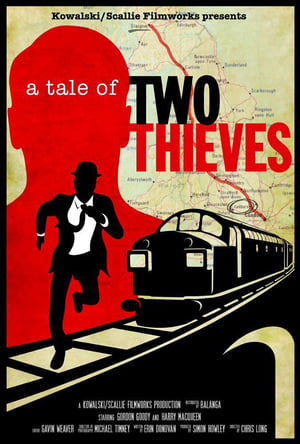 6.6
6.6A Tale of Two Thieves(en)
In 1963 in the countryside in England, fifteen men pulled off 'The Great Train Robbery' netting today's equivalent of $85million. This incredible film features Gordon Goody, one of the instigators of the crime, for the first time ever, revealing the identity of the missing mastermind behind Britain's most famous heist- the elusive and mysterious 'Ulsterman'.
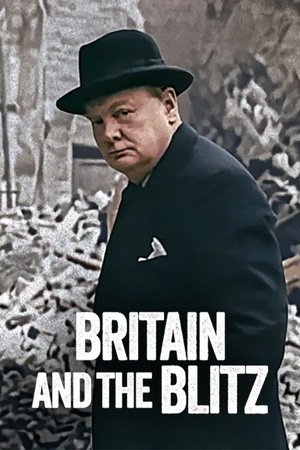 7.0
7.0Britain and the Blitz(en)
Documentary looking back at a Britain during the darkest days of WWII using stunning new archived footage and interviews with people who lived through it.
 5.4
5.4Industrial Britain(en)
Grierson set out to make "propaganda," and this film--with it's voice-over proclaiming the great value of the British industrial worker, without a hint of ambiguity or doubt--fits that category well. The authoritatarian narrator feels out-of-date and unsophisticated, but the footage is well shot and interesting, and the transparency of the propaganda aspect is almost a reflief at a time when so many films have hidden agendas.
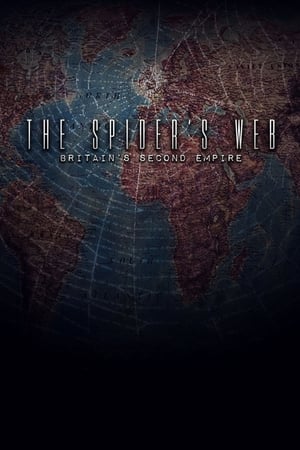 7.6
7.6The Spider's Web: Britain's Second Empire(en)
At the demise of empire, City of London financial interests created a web of offshore secrecy jurisdictions that captured wealth from across the globe and hid it behind obscure financial structures in a web of offshore islands. Today, up to half of global offshore wealth may be hidden in British offshore jurisdictions and Britain and its offshore jurisdictions are the largest global players in the world of international finance. How did this come about, and what impact does it have on the world today? This is what the Spider's Web sets out to investigate.
 0.0
0.0Bats, Balls and Bradford Girls(en)
This BBC Three film follows the first all Asian girls’ cricket team over the summer holidays as they train for their last ever tournament together. The team started at school four years ago when their only experience of cricket was their dads and brothers watching it on the TV. In spite of this, they took to it like naturals and began winning almost all of the tournaments they entered. Last year they lost out on becoming National champions at Lords by only one run.
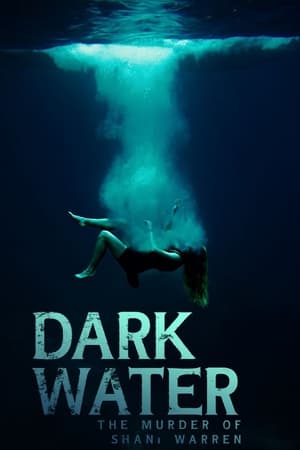 0.0
0.0Dark Water: The Murder of Shani Warren(en)
Twenty-six-year-old Shani Warren was found drowned in Taplow Lake, Buckinghamshire, with her hands tied and feet bound together in 1987. Revealing how it took a forensic breakthrough to solve the 35-year mystery of the death of The Lady in the Lake.
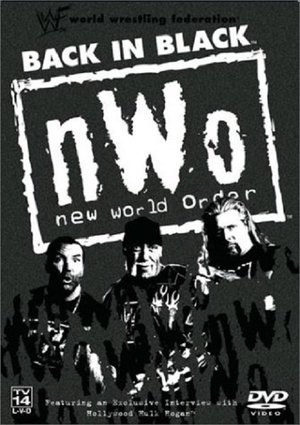 0.0
0.0nWo - Back in Black(en)
The true history of this notorious group's rise and continued onslaught against organized sports-entertainment. Formed in 1996 by Scott Hall, Kevin Nash, and Hollywood Hulk Hogan, this poisonous faction spreads destruction as if it were butter! Featuring exclusive interviews with Scott Hall and Hollywood Hulk Hogan. Sit back and destroy!
There Go the Boats(en)
An historical account looking at how Britain's canals were used, and declining, in 1951.
